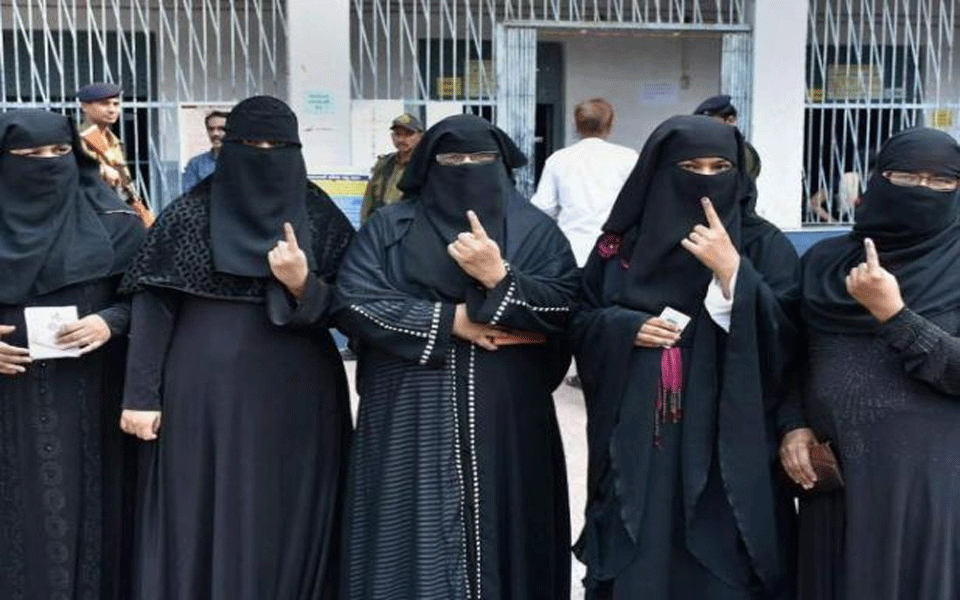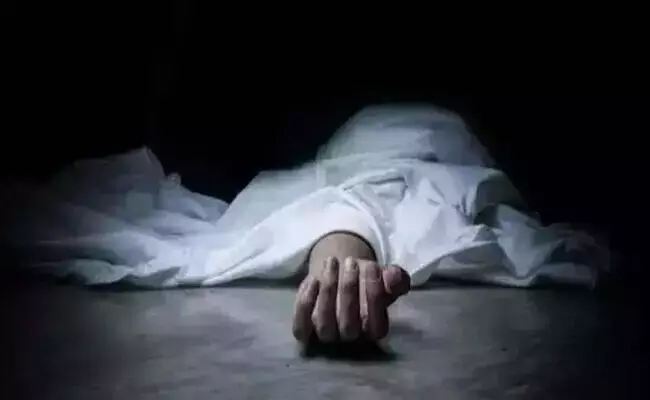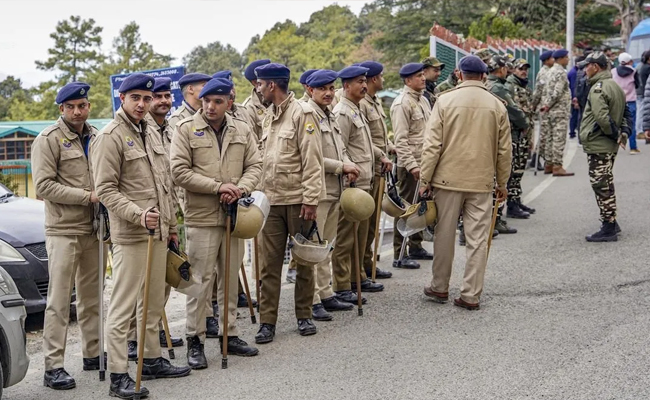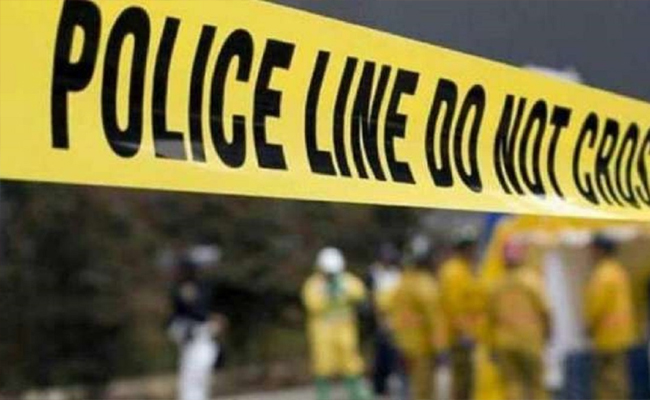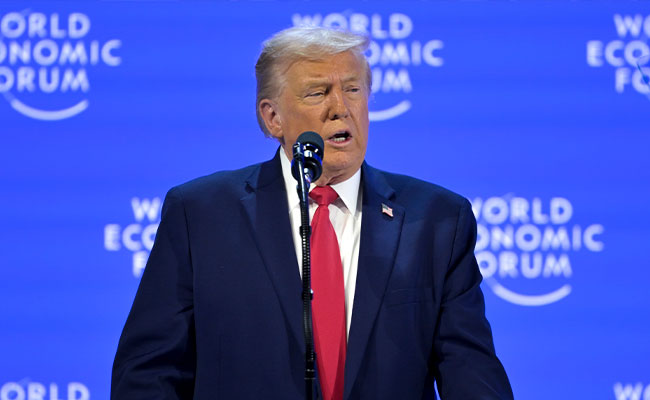Bengaluru: The names of about 18 lakh Muslim voters are either missing from the recently updated voters' list or they don't have voter ID cards issued in their name for the Karnataka Assembly election 2018, according to a New Delhi-based NGO.
The Centre for Research and Debates in Development Policy (CRDDP), headed by Dr Abusaleh Shariff, renowned economist and member of the Justice Sachar Committee, has now begun a campaign to rectify this.
According to a Deccan Herald report Khalid Saifullah, Research Associate and COO of CRDDP, told that they have identified 16 Karnataka constituencies from which the names of 1.28 lakh voters are missing from the list. Based on the number, they are estimating that around 15 lakh would be missing from the 224 Karnataka constituencies.
Saifullah said “As per the 2011 census data, the Shivajinagar constituency has 4.3% of single households among the total 18,453 Muslim households. But we found that more than 8,900 households have only one registered voter in their house, which is around 40 percent of the total Muslim households,” he said.
The organisation then developed a website -- missingmuslimvoters.com -- and an Android app –- Muslim Voters -- to organise and educate people. “Everything is volunteering,” said Saifullah about the campaign. They are asking the people of Karnataka to register with their app to help the missing voters to enrol. “People think that once the election dates are announced, they cannot enroll, which is wrong.
They can do it till the last date of nomination. The Election Commission on Tuesday announced the election dates and the last date of nomination is set for April 24.
Once people register as volunteers in the app, they will receive details of missing voters in the neighbourhood whom they can help to enroll. The data is also available on their website. “More than 8,000 people downloaded the app since its launch on March 13,” said Saifullah.
According to a video released on Saifullah's YouTube channel, Asif Pasha, a volunteer from Shivajinagar helped 500 people to enroll.
Pasha, a Civil Defence Warden, told DH that the missing names could be due to various reasons. “One is that the Election Commission shuffles the data or deletes it mistakenly in the process of compilation. During the shuffle, the names of one family land up in different polling booths. So it virtually makes them unable to find their names on the list,” said Pasha.Another reason, according to Pasha, is that when the Booth Level Officer reaches out to voters, they will write the respective columns as E - expired, S - shifted/Change of Residence, Q - Disqualification or R – repeated. This is primarily because of a communication gap, said Pasha.
“We found at least 2,000 inaccurate entries. In Shivajinagar constituency, we collected 700 applications from people with election IDs who are unable to find their names on the list. We are helping them and we hope they will appear on the supplementary list that EC would publish before the elections,” said Pasha.
“We met Minister Roshan Baig as soon as we found this,” said Saifullah. In a video reaction posted on Saifullah’s YouTube channel, Baig said: “Our team of workers at the ground level went house to house and conducted a random survey and found that the voters' app, which is supplied to us is accurate and I must thank the CRDDP group for giving this information to us.”
When contacted for a reaction, Congress MLA Rizwan Ashraf said that the situation is concerning and has to be rectified. He ruled out the possibility of a unified Muslim community action against enrolment. “Who doesn’t want to see their names on the list? The ID cards are being used as an identity for many other purposes. Whether you vote or not is another issue,” said Ashraf.
Missing names of voters are not a new phenomenon in Karnataka. During the BBMP elections of 2010 and 2015 and the General Elections of 2014, many complaints were registered about missing names.
In an April 2014 report on ID card deliveries, one of the BLOs said that there were many instances where they went to hand over cards to citizens but had to return as the homes were locked.
In 2015, MLA SR Vishwanath had said that 7,000 to 8,000 names were missing from the Dasarahalli constituency list and the names of over 50 percent of the voters were missing in the additional voters' list for Yelahanka constituency.
Back in 2009, the Congress protested over “deleting” voters “especially those belonging to the Muslim community” in Hubballi, according to this report. That same year, the Congress and the JD(S) attacked the BJP over 14,000 missing names in Tumkur. "Mischief mongers had targeted names of minority communities, including Muslims and Christians," according to these two political parties.
Earlier this year, the Congress had asked its workers to keep an eye on any large-scale deletion of names in the voters' rolls in the run-up to the Assembly election. "We have to be cautious while fighting the formidable enemy (BJP) who is known for manipulation," said Manick Tagore, AICC secretary in charge of Karnataka (Belagavi division). "A large number of names were deleted in many constituencies in the recently held Gujarat Assembly election. Most of these names were of either Muslims or Dalits, who are the Congress supporters. We have reliable information that the BJP is responsible for this."
(A DH report)
Let the Truth be known. If you read VB and like VB, please be a VB Supporter and Help us deliver the Truth to one and all.
Ranchi (PTI): The body of a migrant worker from Jharkhand’s Giridih district killed in Saudi Arabia in October last year has arrived at Ranchi Airport, but his family refused to accept it over pending compensation, officials said.
Shikha Lakra, team leader of the state migrant control cell, told PTI that, before taking the body of Vijay Kumar Mahato, the family is demanding compensation from the private company where he used to work in the Arab country.
Mahato was killed in an alleged crossfire between the police and criminals.
“Since it was a bullet injury case, the matter is before a court in Jeddah. The final compensation may depend on the court’s decision,” Lakra said.
“The Indian Embassy informed us about the body’s arrival, and coordination was done with district authorities. Our role is limited to coordination in cases involving overseas employers and foreign jurisdiction,” she added.
Giridih Deputy Commissioner Ram Niwas Yadav said the authorities will try to convince the family to perform the last rites.
“We have already sanctioned Rs 5 lakh under the government scheme for migrant’s deaths abroad. The compensation payment might take some time,” he said.
The body is currently at the mortuary of Rajendra Institute of Medical Sciences (RIMS) in Ranchi.
The Family members said they will only accept it if the company provides written assurance regarding compensation. “Without that assurance, we will not receive the body,” said Ram Prasad Mahato, the deceased’s brother-in-law.
Mahato, a native of Dudhpaniya village in Madh Gopali panchayat under Dumri block, was employed as a tower line fitter. His family said he was struck by a bullet during a gunfight between local police and an extortion gang and later succumbed to his injuries.
Social activist Sikander Ali said Mahato is survived by his wife, two young sons aged five and three, and elderly parents.

